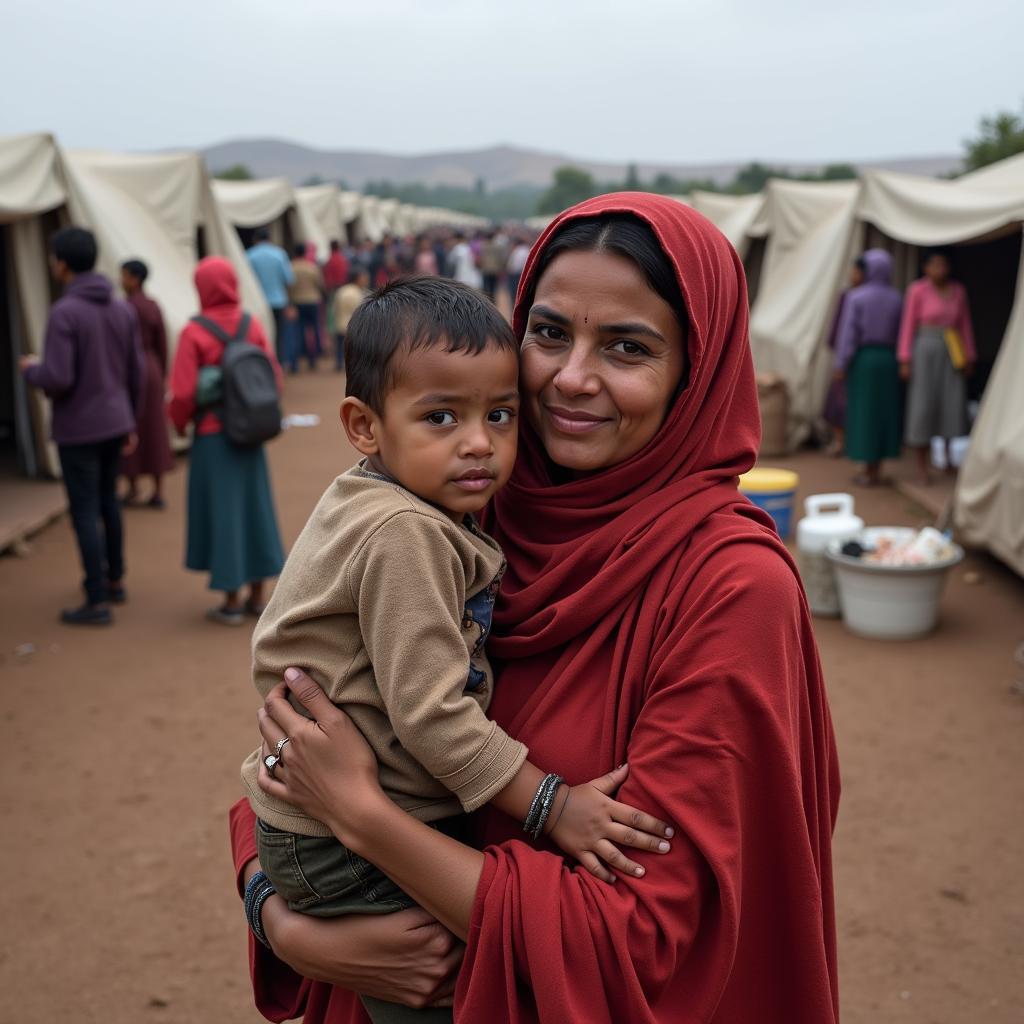African Kids Suffering for Food: A Heartbreaking Reality
The plight of African kids suffering for food is a stark reminder of the deep inequalities and challenges faced across the continent. This issue, impacting millions of children’s lives, demands immediate attention and sustainable solutions.
The Harsh Reality of Food Insecurity for African Children
Across sub-Saharan Africa, millions of children grapple with the devastating consequences of food insecurity. This isn’t simply about hunger; it’s about a chronic lack of access to nutritious food, impacting physical and cognitive development, increasing vulnerability to illness, and perpetuating cycles of poverty. The causes are complex, ranging from conflict and climate change to poverty and inadequate infrastructure.
Drought and Climate Change: A Growing Threat
One of the major contributors to food insecurity is the increasing frequency and severity of droughts. Climate change exacerbates existing vulnerabilities, making it harder for families to grow crops and access clean water. This leads to malnutrition, stunted growth, and in extreme cases, starvation.
Conflict and Displacement: Disrupting Lives and Livelihoods
Conflict and political instability further compound the problem. Displacement disrupts farming practices, destroys livelihoods, and limits access to food aid. In conflict zones, children are particularly vulnerable, often becoming victims of malnutrition and disease.
 Displaced African Families Struggling for Food
Displaced African Families Struggling for Food
Poverty and Lack of Resources: A Vicious Cycle
Poverty is both a cause and a consequence of food insecurity. Families lacking financial resources struggle to afford nutritious food, even when it’s available. This cycle of poverty is difficult to break, leaving generations of children vulnerable to malnutrition.
What Can Be Done? Addressing the Root Causes
Addressing this complex issue requires a multi-pronged approach, focusing on both immediate relief and long-term solutions. This includes investing in sustainable agriculture, improving infrastructure, promoting peace and security, and empowering local communities.
“Food security isn’t just about providing food; it’s about creating sustainable systems that empower communities to thrive,” says Dr. Amina Ali, a leading expert on food security in East Africa. “We need to address the root causes of this crisis, not just the symptoms.”
The Impact of Malnutrition: A Lifelong Burden
The consequences of malnutrition extend far beyond hunger. Children who lack proper nutrition suffer from impaired cognitive development, weakened immune systems, and increased susceptibility to disease. This can have a lifelong impact, limiting educational opportunities and perpetuating the cycle of poverty.
“The impact of malnutrition on a child’s development is profound,” explains Dr. Joseph Okafor, a pediatrician specializing in child nutrition in West Africa. “It not only affects their physical health but also their cognitive abilities, hindering their potential to learn and succeed.”
Hope for the Future: Investing in Solutions
Despite the challenges, there is hope. Numerous organizations and initiatives are working tirelessly to address food insecurity in Africa. From providing emergency food aid to implementing sustainable agriculture programs, these efforts are making a real difference in the lives of children and families.
 Community Garden Project in Africa: Promoting Food Security
Community Garden Project in Africa: Promoting Food Security
Conclusion: Breaking the Cycle of Hunger
The issue of African kids suffering for food demands urgent action. By addressing the root causes of food insecurity and investing in sustainable solutions, we can create a brighter future for the children of Africa. The fight against hunger is a fight for a more just and equitable world, where every child has the opportunity to thrive.
FAQs
-
What are the main causes of food insecurity in Africa? Drought, climate change, conflict, poverty, and inadequate infrastructure are among the key contributors.
-
How does malnutrition affect children’s development? Malnutrition can lead to stunted growth, impaired cognitive development, weakened immune systems, and increased vulnerability to disease.
-
What can be done to address food insecurity in Africa? Investing in sustainable agriculture, improving infrastructure, promoting peace and security, and empowering local communities are crucial steps.
-
What organizations are working to address food insecurity in Africa? Numerous international and local organizations, including the World Food Programme, UNICEF, and various NGOs, are actively involved in combating hunger and malnutrition.
-
How can I help children suffering from food insecurity in Africa? You can support organizations working on the ground, advocate for policy changes, and raise awareness about this critical issue.
-
What is the long-term impact of food insecurity on African communities? Food insecurity can perpetuate cycles of poverty, limit educational opportunities, and hinder economic development.
-
Are there any successful initiatives that have helped improve food security in Africa? Yes, there are several success stories, including community-based agriculture programs, school feeding initiatives, and drought-resistant crop development projects.
Other questions and suggested articles:
- What are the nutritional needs of children in Africa?
- How does food insecurity impact education in Africa?
- The role of women in ensuring food security in Africa.
For further information, you can explore these articles on our website:
- “The Impact of Climate Change on Food Security in Africa”
- “Sustainable Agriculture Practices for a Food-Secure Future”
- “Empowering Women Farmers in Africa”
Call to Action: When you need support, please contact us by phone: +255768904061, email: [email protected], or visit us at Mbarali DC Mawindi, Kangaga, Tanzania. We have a 24/7 customer service team.


